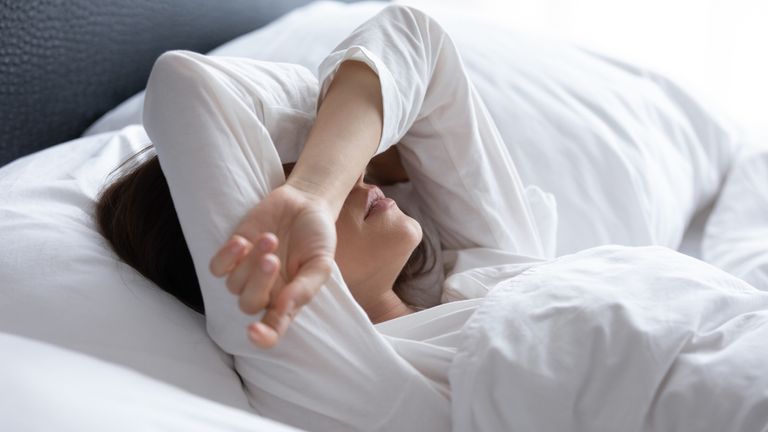Night owls may be sharper than morning people, according to a new study, with those most active and alert in the evening performing better in cognitive tests.
Researchers led by academics at Imperial College London examined data on thousands of people taking part in the UK Biobank study to investigate sleep patterns and cognition.
They looked at the link between sleep duration, quality and chronotype – categorised as “morningness”, “eveningness” or “intermediate” for those who don’t align with either.
People who reported between seven and nine hours of sleep each night appeared to perform best on tests examining intelligence, reasoning skills, reaction times and memory.
According to the study, which has been published in the journal BMJ Public Health, academics found night owls and those classed as “intermediate” had “superior cognitive function”.
“Our study found that adults who are naturally more active in the evening – what we called ‘eveningness’ – tended to perform better on cognitive tests than those who are ‘morning people’,” said lead author of the study, Dr Raha West, from the Department of Surgery and Cancer at Imperial College London.
“Rather than just being personal preferences, these chronotypes could impact our cognitive function.”
She added: “While understanding and working with your natural sleep tendencies is essential, it’s equally important to remember to get just enough sleep, not too long or too short.
“This is crucial for keeping your brain healthy and functioning at its best.”
The researchers analysed data on almost 27,000 people, comparing how well they performed on tests to their self-reported sleep duration, pattern and quality.
Being a woman, increasing age and having a diagnosis of angina, high blood pressure and diabetes appeared to “worsen cognitive performance”, researchers said.
Co-study leader Professor Daqing Ma, also from Imperial’s Department of Surgery and Cancer, added: “We found that sleep duration has a direct effect on brain function, and we believe that proactively managing sleep patterns is really important for boosting, and safeguarding, the way our brains work.
“We’d ideally like to see policy interventions to help sleep patterns improve in the general population.”



























